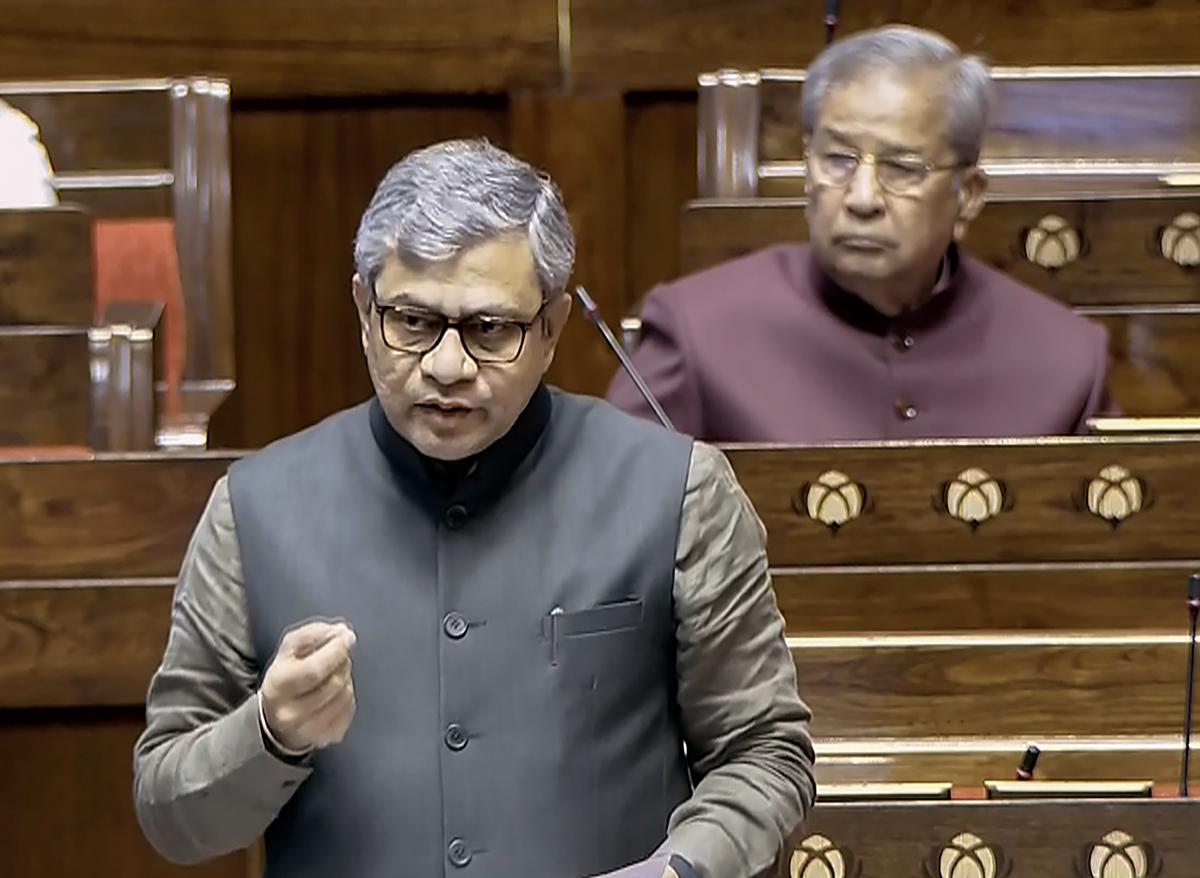- The Post Office Bill, which repeals and replaces the Post Office Act of 1898, was enacted by the Rajya Sabha.
- Over the years, various reform suggestions have been made to the 1898 Act, including the 1986 Bill for harmonising interception grounds with constitutional constraints, which was not signed by the President.
Key Features
- Removal of Exclusive Privileges: The Bill repeals the central government’s exclusive monopoly over mail delivery, which is a substantial departure from the 1898 Act.
- Role of the Director General: The newly appointed Director General of Postal Services will have regulatory responsibilities, including the ability to set rates and regulate postage stamps.
- Interception Authority: The government has the authority to intercept postal mail for a variety of reasons, including state security, public order, and emergency.
- Exemptions from Liability: India Post is exempt from liability for its services, with particular liabilities to be established by Rules.
- No Specified offences and punishments: Following the abolition of all offences under the 1898 Act by the Jan Vishwas (Amendment of Provisions) Act, 2023, the Bill does not establish specific offences and punishments relating to postal services.
Analysis and Key Issues
- Interception Procedural protections: The Bill lacks procedural protections for intercepting postal items, possibly infringing on free expression and privacy rights.
- The Use of ‘Emergency’ as a justification for Interception: The use of ’emergency’ as a justification for interception may go beyond legitimate constitutional limits.
- Conflict of Interest in Liability: Because the federal government also administers India Post, its participation in prescribing liabilities for India Post may create a conflict of interest.
- Absence of Offences and Penalties: The absence of stated punishments for unauthorised postal officer conduct, such as opening postal items, raises issues about customer privacy.
Comparative Study of Other Services
- Distinctions from Private Courier Services: The Bill keeps separate regulatory frameworks for public and commercial postal services, particularly in terms of interception rules and consumer protection application.
- As an example, consider the Railway Claims Tribunal. In contrast to postal services, the Railway Claims Tribunal Act establishes a defined procedure for resolving concerns against the Indian Railways.
Concerns and Suggestions
- Clarity and protections: To protect individual rights, the Bill should preferably include explicit procedural safeguards for interception as well as repercussions for violations by postal workers.
- Consumer Protection: It is critical to ensure proper consumer protection rights for India Post’s services, maybe through an independent institution akin to the Railway Claims Tribunal.
- Addressing Privacy and Security: The Bill should strike a balance between the requirement for security and the preservation of individual privacy, especially in the context of postal article interception and police behaviour.
Source: https://prsindia.org/billtrack/the-post-office-bill-2023

